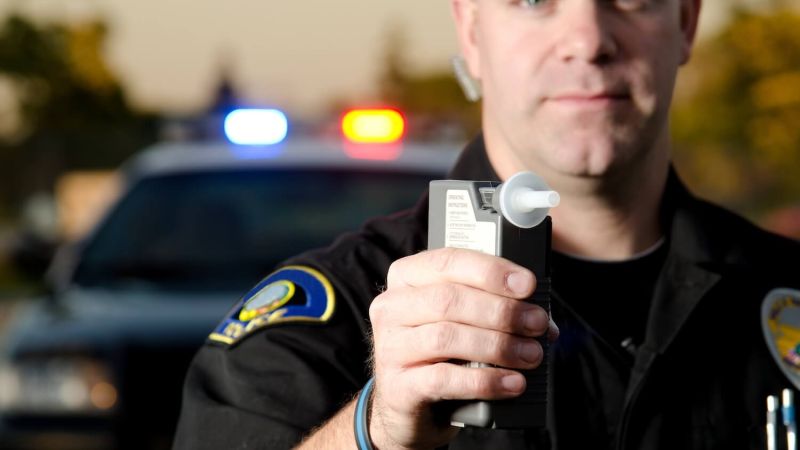Knowing Your Rights: Defending Against Illegal Motor Vehicle Searches


Navigating encounters with law enforcement during traffic stops is a critical aspect of protecting your rights, especially if the allegations are driving under the influence of drugs or alcohol. In today’s world, we rely heavily on our vehicles for transportation, particularly in areas with limited public transportation such as Burlington, Gloucester, and Atlantic Counties. While routine traffic stops are common, it’s essential to be aware of your rights and take steps to defend against illegal searches that may occur during these encounters. It’s crucial to understand that being pulled over by a police officer does not automatically grant the police the right to remove you from your vehicle or conduct a search. In fact, there are certain circumstances where a search might be deemed illegal, even if the initial stop was lawful. Let’s take a closer look at these situations and how you can protect yourself from unlawful searches.
A motor vehicle stop by a police officer constitutes what is called a “seizure” under both the United States and New Jersey Constitutions. A police officer must have what’s known as ‘reasonable suspicion’ that an offense has occurred prior to pulling you over. This includes even minor traffic violations such as failure to yield, speeding, or crossing over the fog line. This suspicion must be grounded on specific and concrete facts, not on a whim or a general hunch. If a police officer lacks reasonable suspicion for the initial stop, any subsequent search of the vehicle may be considered illegal under the Fourth Amendment.
In order to search a motor vehicle, a police officer must have what’s known as ‘probable cause.’ Probable cause is a well-grounded suspicion that a criminal offense has been or is being committed. This is more than a “bare suspicion” but less than what would be needed to convict somebody beyond a reasonable doubt. If a police officer goes ahead with a search without meeting these requirements or without obtaining a valid search warrant, then that action morphs into an ‘illegal search’ and all the evidence could be suppressed. Generally, suppressed evidence cannot be used by the State in a trial to convict you of the offense.
During a traffic stop in New Jersey, police officers may conduct certain actions that are not considered searches under the state’s Constitution. For instance, when pulled over, a police officer may circle your vehicle peering through the windows, which is not a search in New Jersey. An officer may also attempt to smell for illegal substances or alcohol on your breath or inside of the car, but if the officer hasn’t entered your vehicle, this is would not be considered a search under New Jersey law. If you grant the officer permission, known as a “consent search,” they can proceed with a vehicle search but usually the trunk is off limits unless you give them explicit authority (consent) to search that area. Bear in mind, though, you have every right to refuse consent to a vehicle search. It’s important to remember that even though you may want to appear cooperative, providing consent to a search can potentially expose you to criminal liability.
Interactions with law enforcement, particularly during a traffic stop, can be stressful and intimidating, but it’s essential to remain aware of your rights amidst the stress. When the officer requests your driver’s license, registration, and proof of insurance, promptly present these documents. Remember, cooperation is important, but it doesn’t mean forfeiting your rights. You have the constitutional right to refuse consent for your vehicle to be searched. However, it’s crucial to communicate this refusal in a respectful manner. Abruptness or hostility could unnecessarily complicate the situation. A simple and respectful statement, such as “Officer, I respectfully decline a search of my vehicle” is sufficient to assert your rights.
If you ever find yourself in this predicament, it’s highly recommended to retain legal counsel. An experienced attorney can skillfully navigate the complexities of the legal system and safeguard your rights every step of the way.

Written By Jeremy Lackey
Jeremy Lackey is a seasoned criminal attorney who served as an Assistant Prosecutor for the Burlington County Prosecutor’s Office and as a Deputy Attorney General for New Jersey Office of the Attorney General, Division of Criminal Justice, before co-founding the firm Lackey & Miller, LLC.










